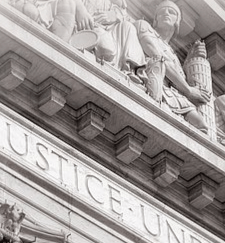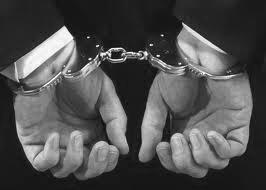Guardianship in Indiana: Caring for Incapacitated Adults or Children in Evansville
Situations sometimes arise where individuals in Evansville are unable to care for themselves or their children. In such cases, seeking guardianship through the Indiana court system may be necessary to ensure their well-being and safety. As a family law attorney serving Evansville, I want to explain the process of establishing guardianship for both incapacitated adults and minor children in Indiana.
Guardianship for Incapacitated Adults in Evansville:
Guardianship for an adult may be sought when an individual lacks the capacity to make informed decisions about their personal affairs (e.g., medical care, living arrangements) or their property (e.g., finances). This incapacity can be due to conditions such as Alzheimer’s disease, developmental disabilities, or serious injury.
The Process of Adult Guardianship in Indiana:
- Petition Filing: A petition for guardianship is filed with the Vanderburgh County court, outlining the reasons why the individual is believed to be incapacitated and who is seeking to be appointed guardian.
- Notice: The allegedly incapacitated person and interested parties (e.g., family members) are notified of the petition and the hearing.
- Evaluation: The court may order an evaluation by a physician or other qualified professional to assess the individual’s capacity.
- Hearing: A court hearing is held where evidence is presented regarding the individual’s capacity and the suitability of the proposed guardian.
- Appointment of Guardian: If the court finds the individual to be incapacitated and the proposed guardian suitable, a guardianship order will be issued, outlining the guardian’s powers and responsibilities. These powers can be limited or plenary (full).
- Reporting and Oversight: Guardians are typically required to file periodic reports with the court regarding the well-being and finances of the ward (the person under guardianship).
Guardianship for Minor Children in Evansville:
Guardianship for a minor child may be necessary when the child’s parents are deceased, incapacitated, or unable to provide proper care and support.
The Process of Child Guardianship in Indiana:
- Petition Filing: A petition for guardianship of a minor is filed with the Vanderburgh County court, stating the reasons why guardianship is needed and who is seeking to be appointed guardian.
- Notice: The child’s parents (if living and competent) and other interested parties are notified.
- Best Interest of the Child: The court’s primary focus is always the best interest of the child. Factors considered may include the child’s wishes (depending on their age and maturity), the proposed guardian’s ability to provide care, and the child’s relationship with the proposed guardian.
- Hearing: A court hearing is held where evidence is presented regarding the child’s needs and the suitability of the proposed guardian.
- Appointment of Guardian: If the court finds that guardianship is in the child’s best interest and the proposed guardian is suitable, a guardianship order will be issued, outlining the guardian’s rights and responsibilities.
- Reporting and Oversight: Guardians of minors may also be required to file periodic reports with the court.
The Role of a Family Law Attorney:
Navigating the guardianship process in Evansville can be legally complex and emotionally challenging. As your family law attorney, I can:
- Advise you on whether guardianship is the appropriate legal solution.
- Assist you in preparing and filing the necessary legal documents.
- Represent you at court hearings.
- Present evidence and arguments to support your case.
- Ensure that the best interests of the incapacitated adult or child are protected.
If you are considering seeking guardianship for a loved one in Evansville, please contact our office for a confidential consultation to discuss your situation and how we can help.







